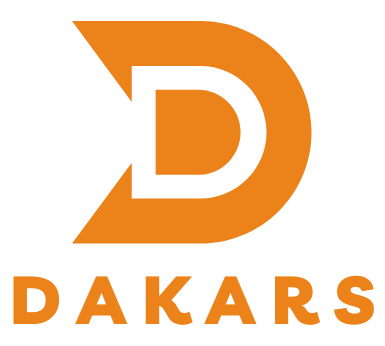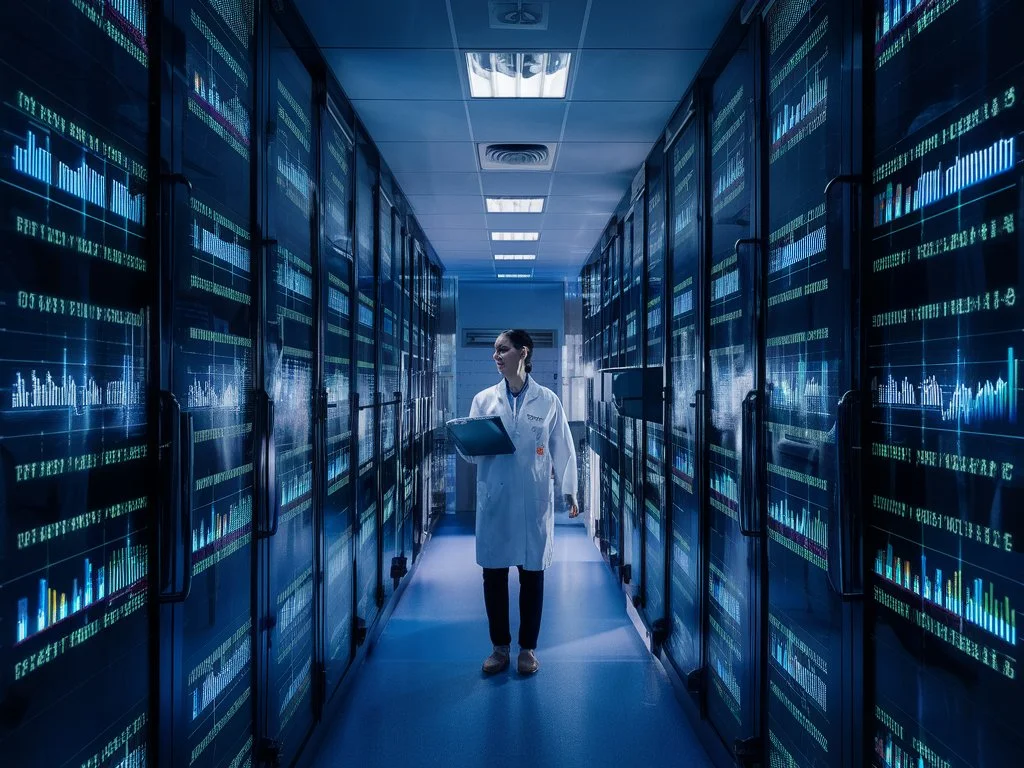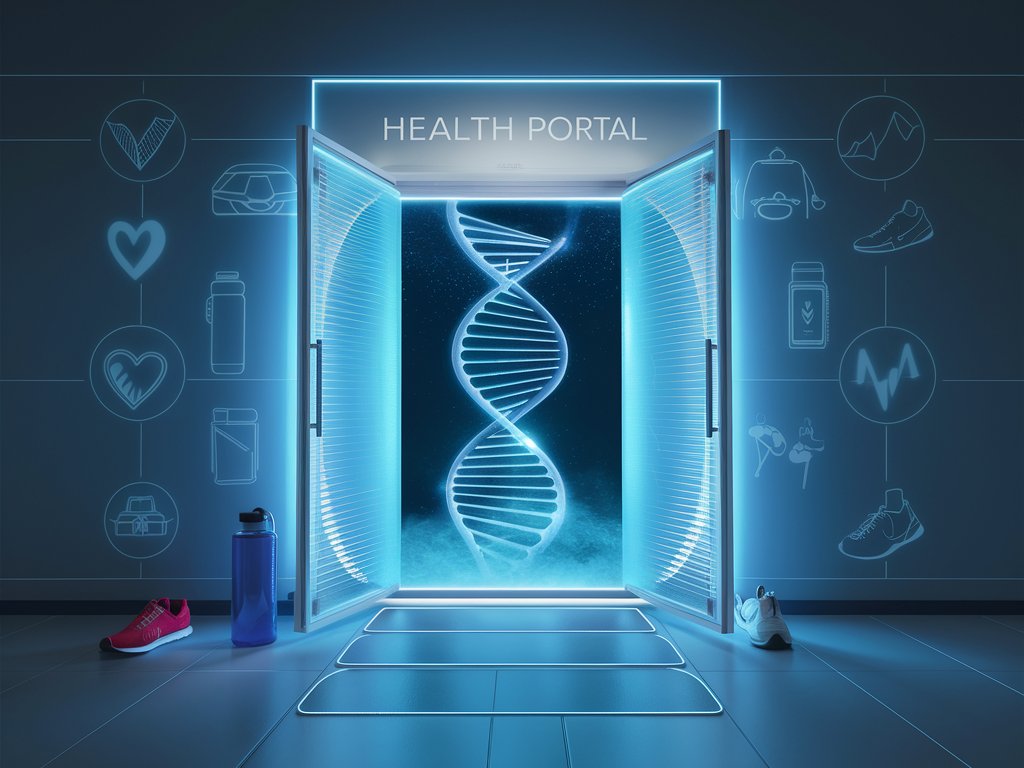Health informatics is revolutionizing the healthcare industry, bringing about cutting-edge innovations and life-saving data insights. This field combines healthcare, information technology, and data analytics to improve patient outcomes and streamline healthcare processes. In this article, we will explore the various aspects of health informatic and how it is transforming the way we approach healthcare.
What is Health Informatics?
Health informatics is the use of information technology to organize and analyze health records to improve healthcare outcomes. This field plays a critical role in managing and processing health information, ensuring that accurate data is available when needed. By leveraging technology, health informatic helps healthcare professionals make better decisions, improve patient care, and enhance overall healthcare efficiency.
The Role of Health Informatics in Modern Healthcare
Enhancing Patient Care
Health informatics significantly improves patient care by providing healthcare professionals with comprehensive and accurate patient information. Electronic health records (EHRs) allow doctors and nurses to access a patient’s medical history, lab results, and treatment plans quickly. This instant access to information helps in making informed decisions, reducing the risk of errors, and providing personalized care.
Streamlining Administrative Processes
In addition to enhancing patient care, health informatic streamlines administrative processes within healthcare facilities. Automating tasks such as appointment scheduling, billing, and patient records management reduces administrative burdens and allows healthcare providers to focus more on patient care. This increased efficiency translates to better patient experiences and optimized healthcare delivery.
Also Read: West Ham vs Burnley F.C.: A Extensive Timeline
Cutting-Edge Innovations in Health Informatics
Telemedicine and Remote Monitoring
One of the most significant innovations in health informatic is telemedicine. Telemedicine allows patients to consult with healthcare providers remotely, using video calls and online platforms. This device is especially useful for patients living in rural areas or with limited mobility. Remote monitoring devices, such as wearable health trackers, also play a crucial role in health informatic by providing real-time data on patients’ vital signs and health conditions.
Artificial Intelligence and Machine Learning
Artificial intelligence (AI) and machine learning are transforming health informatics by providing advanced data analysis capabilities. These technologies can analyze vast amounts of data to identify patterns and predict outcomes. For example, AI can help in early detection of diseases, personalized treatment plans, and predicting patient readmissions. Machine learning algorithms continuously improve their accuracy, making them invaluable tools in health informatic.
Life-Saving Data Insights
Predictive Analytics
Predictive analytics is a powerful tool in health informatic that uses historical data to predict future outcomes. By analyzing patient data, doctors can detect potential health problems and intervene early. For instance, predictive analytics can forecast the likelihood of a patient developing a chronic disease, allowing for preventive measures to be taken. This approach will save lives and reduce health care costs.
Population Health Management
Health informatics also plays a vital role in population health management. By analyzing data from various sources, healthcare providers can identify health trends and address public health issues more effectively. For example, during an outbreak, health informatics can track the spread of the disease and help in allocating resources where they are needed most. This data-driven approach ensures better health outcomes for entire communities.
Overcoming Challenges in Health Informatics
Data Privacy and Security
One of the biggest challenges in health informatic is ensuring data privacy and security. With the increasing amount of digital health information, protecting patient data from breaches and unauthorized access is crucial. Implementing robust security measures, such as encryption and secure access controls, is essential to maintaining patient trust and complying with regulations.
Integration of Systems
Another challenge is the integration of various health information systems. Healthcare facilities often use different systems for managing patient records, billing, and other administrative tasks. Integrating these systems to create a seamless flow of information can be complex but is necessary for the efficient functioning of health informatics.
The Future of Health Informatics
Personalized Medicine
The future of health informatics lies in personalized medicine. By leveraging data from genetic profiles, lifestyle factors, and health records, healthcare providers can develop customized treatment plans for individual patients. This tailored approach ensures that patients receive the most effective treatments, improving outcomes and reducing side effects.
Enhanced Patient Engagement
Health informatics will also enhance patient engagement by providing patients with access to their health information and empowering them to take an active role in their healthcare. Patient portals, mobile health apps, and wearable devices will enable patients to monitor their health, set goals, and communicate with healthcare providers more easily.
Conclusion
Health informatics is at the forefront of transforming healthcare with cutting-edge innovations and life-saving data insights. By enhancing patient care, streamlining administrative processes, and leveraging advanced technologies, health informatics is revolutionizing the healthcare industry. As we continue to overcome challenges and embrace new advancements, the future of health informatics promises even greater improvements in patient outcomes and healthcare delivery.




